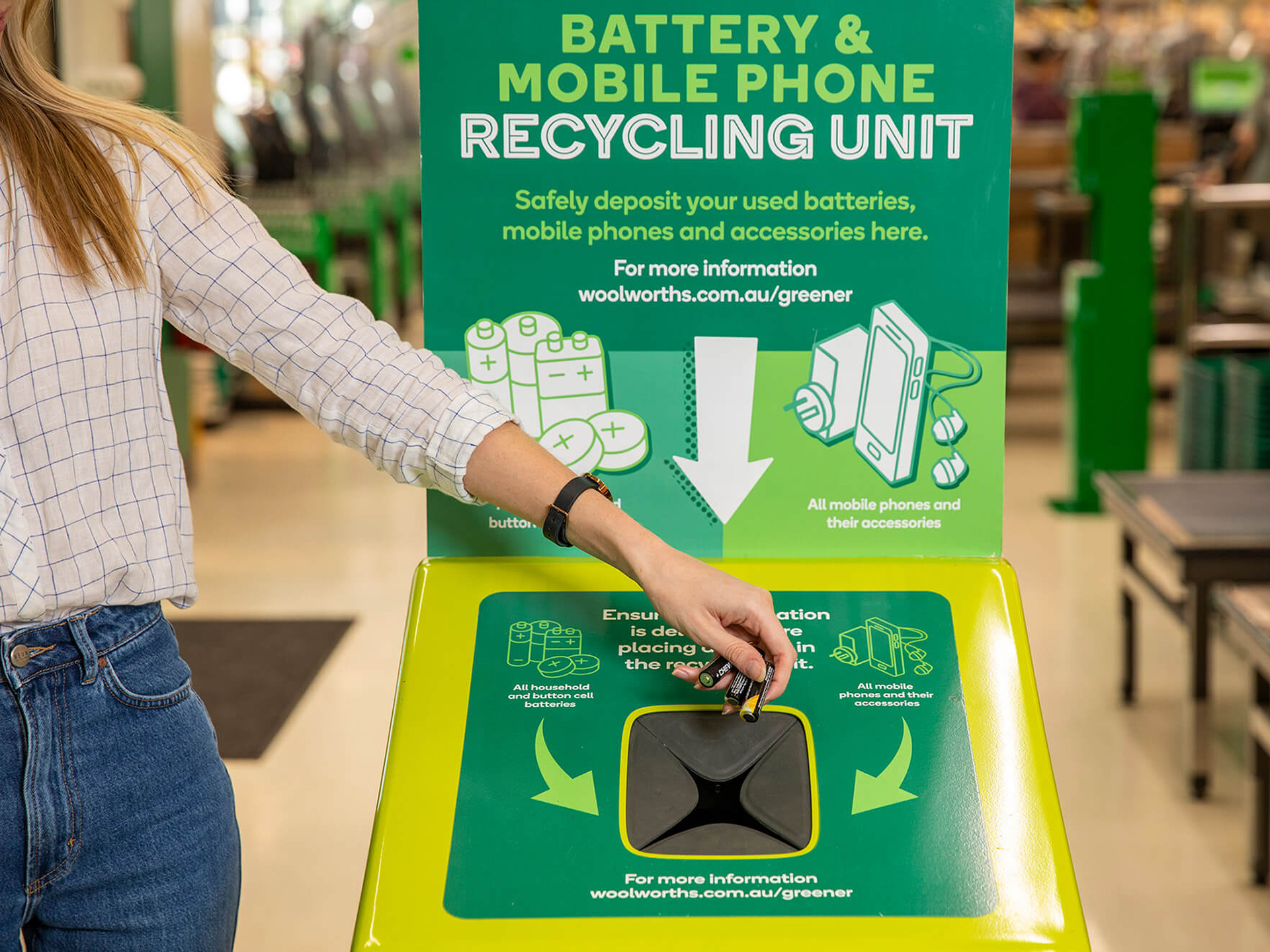The environment is an integral part of our lives, and its essential to protect and sustain it for future generations. Battery recycling has become increasingly important in recent years as a way to combat environmental damage caused by improper disposal or lack of recycling of batteries.
This article will explore the impact of battery recycling on the environment, from reducing hazardous waste materials to conserving natural resources. Well also examine how battery recycling can contribute to a more sustainable and healthier planet. Finally, well discuss some practical steps that individuals and businesses can take to reduce their own carbon footprint through responsible battery disposal and recycling practices.
Introduction to Battery Recycling
Battery recycling is an important and effective way to reduce the environmental impact of used batteries. It not only prevents leeching of toxic chemicals into the environment, but also helps preserve resources by reusing components such as lead and plastic. Recycling batteries can help conserve energy since it reduces the need for new production processes that consume energy. Additionally, battery recycling preserves valuable metals which are then recycled instead of discarded in landfills or stored away indefinitely.
This article will focus on how recycling batteries impacts the environment, from its positive effects to potential risks associated with improper disposal or mishandling of waste materials during recycling operations. Well discuss current methods for battery collection and management, incentives for manufacturers to adopt sustainable practices when dealing with spent products, and government efforts to promote responsible disposal options at a global level.

Benefits of Battery Recycling on the Environment
Battery recycling is increasingly becoming an important part of protecting the environment. Recycling batteries can have numerous positive effects on the environment, including reducing air and water pollution, decreasing greenhouse gas emissions, and preserving natural resources. When it comes to battery recycling, one major benefit is that it helps reduce hazardous waste. Batteries contain toxic materials such as lead and cadmium which are harmful to both humans and wildlife if not disposed of properly.
By recycling these materials instead of throwing them away in landfills or incinerators, we can prevent this dangerous material from entering our atmosphere. Another environmental benefit of recycling batteries is that it reduces energy consumption by minimizing the need for new raw materials needed for manufacturing brand new batteries. Since extracting these resources takes a lot of energy, reusing old parts saves a great deal of power compared to producing everything from scratch each time a battery needs replacing.
This means less fuel needs burned at factories resulting in fewer emissions released into our atmosphere contributing towards global warming prevention efforts. Recycling also has economic benefits too; with reused parts there’s no need to create entirely new items so production costs are significantly lower leading to cheaper prices when purchasing recycled products over buying completely fresh ones! And finally by encouraging more people to recycle their used up batteries rather than just discarding them we can conserve valuable natural resources like minerals which would otherwise be wasted – helping us use what’s available more responsibly while still being able to produce enough viable products without depleting entire reserves quickly!

How Governments Encourage and Support Battery Recycling
Governments around the world have implemented various strategies to encourage and support battery recycling. Incentives such as tax rebates and grants are often used to incentivize companies to invest in initiatives that promote battery recycling. Additionally, governments may also provide technical assistance and training programs aimed at helping businesses better understand the process of safe disposal and reuse of batteries.
Furthermore, government-funded research is often conducted into new technologies for improving battery recycling processes or developing more efficient methods for recovering materials from spent cells. Finally, some countries may even offer subsidies on the purchase of recycled batteries or other related products in order to further increase their environmental benefits. By taking these steps, governments can ensure that those looking to reduce their carbon footprint do not face financial barriers when engaging with battery recyclers.




